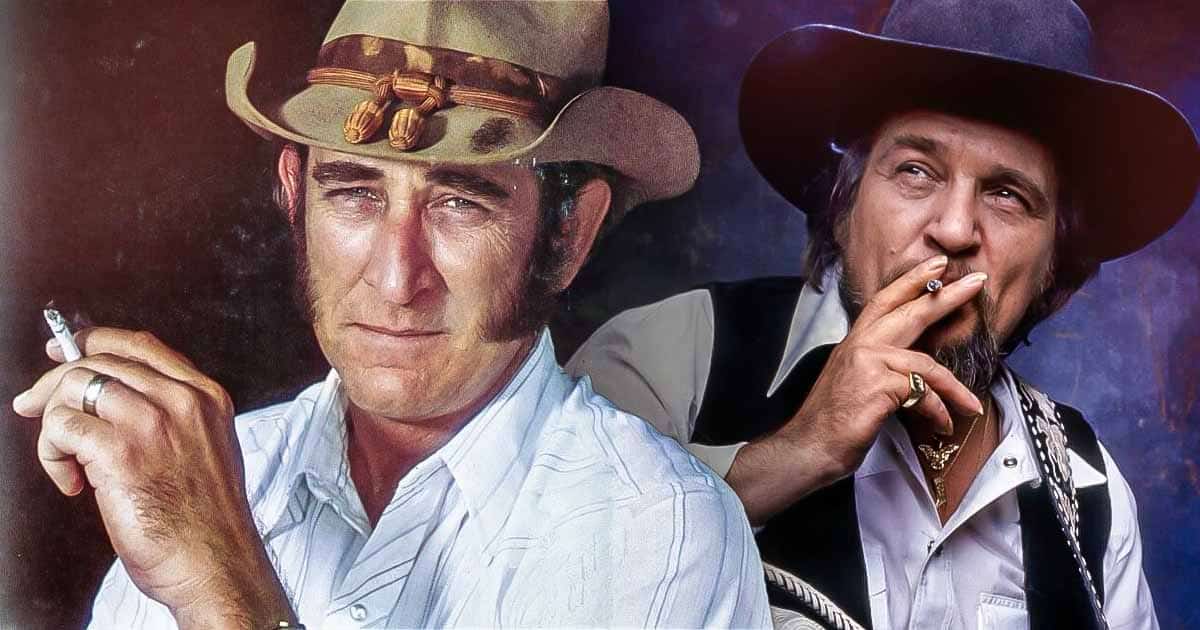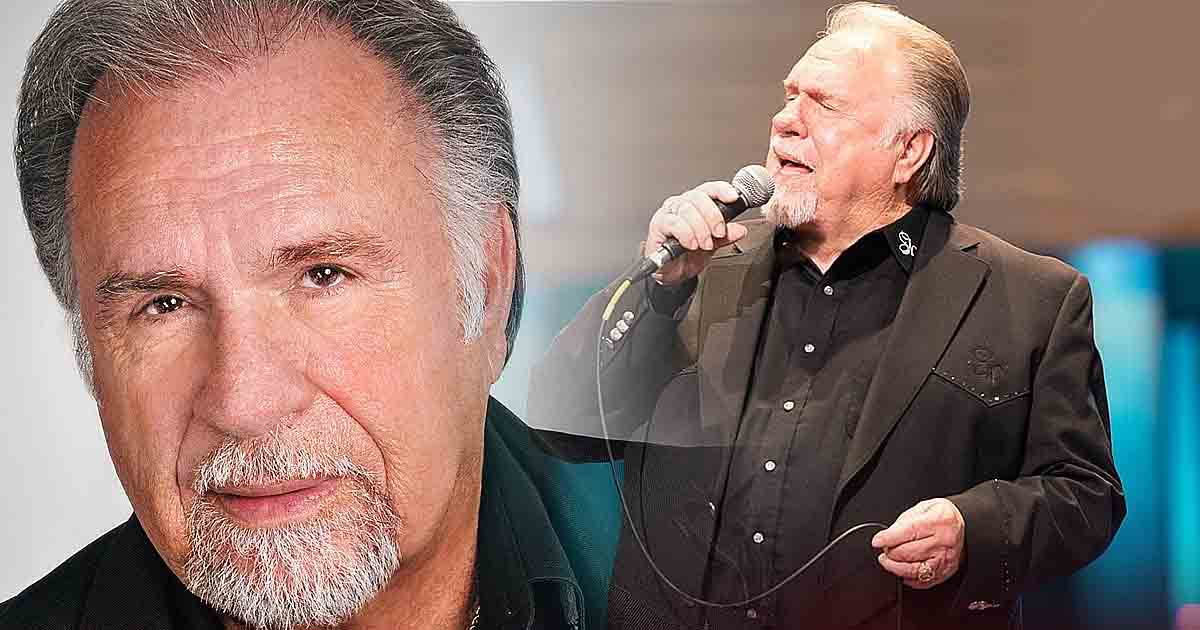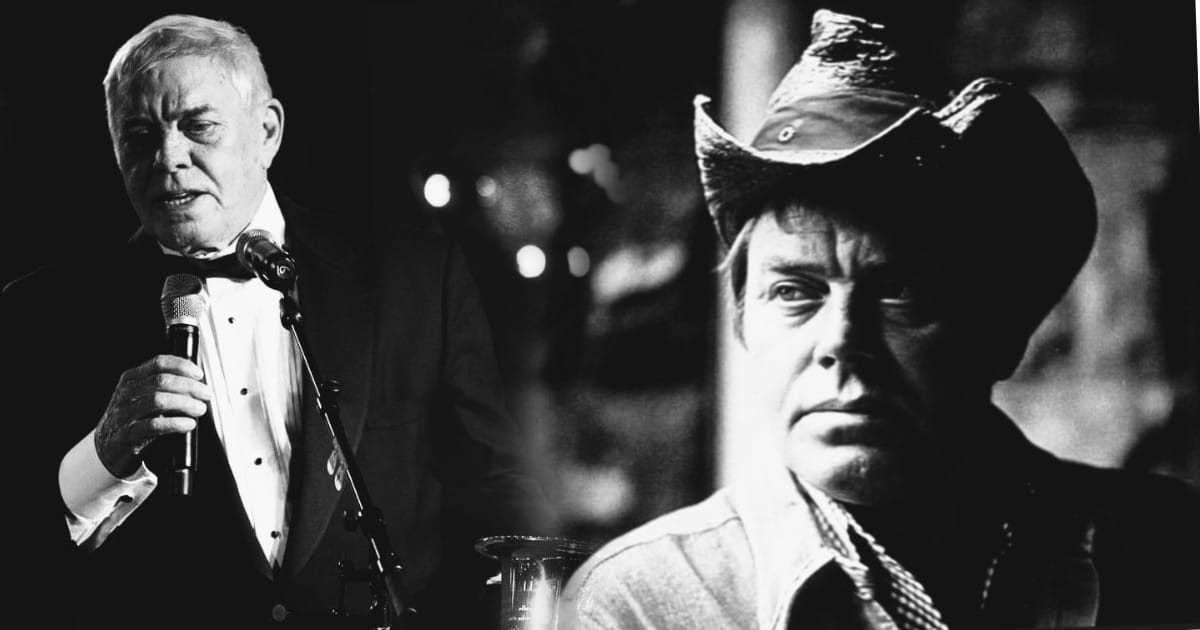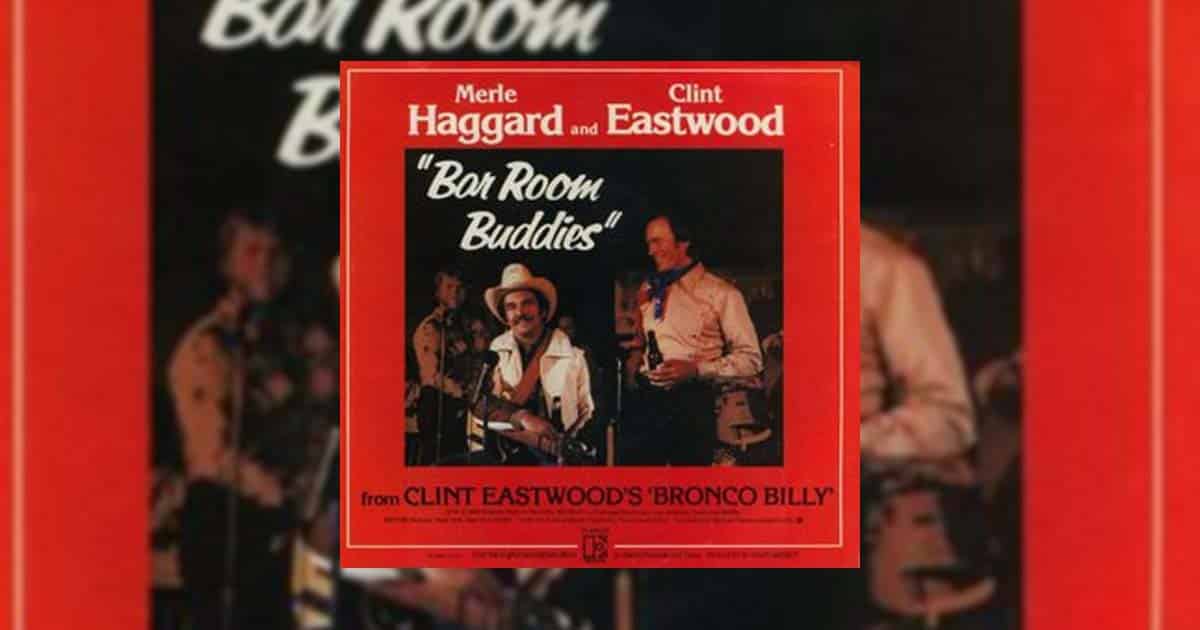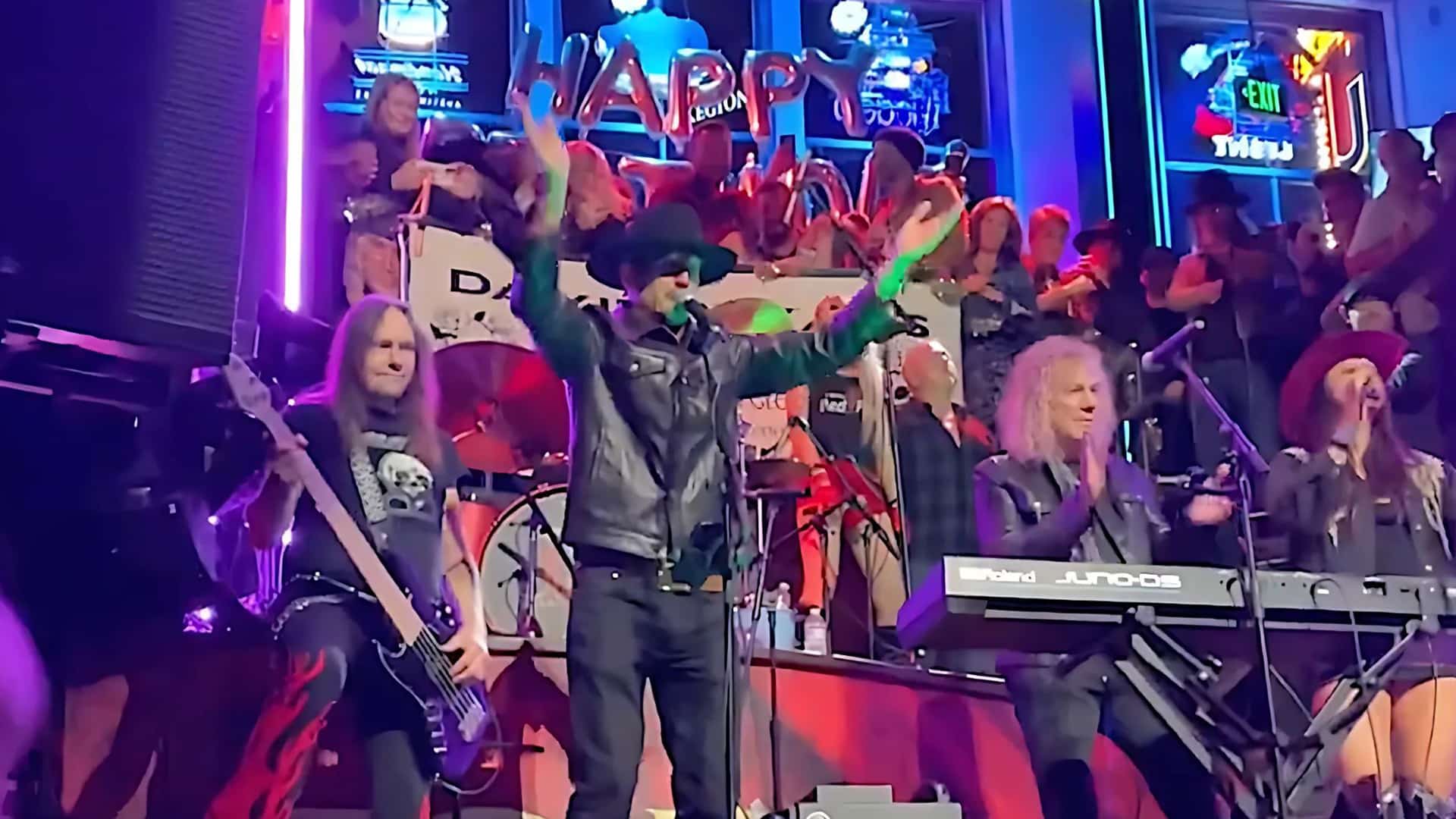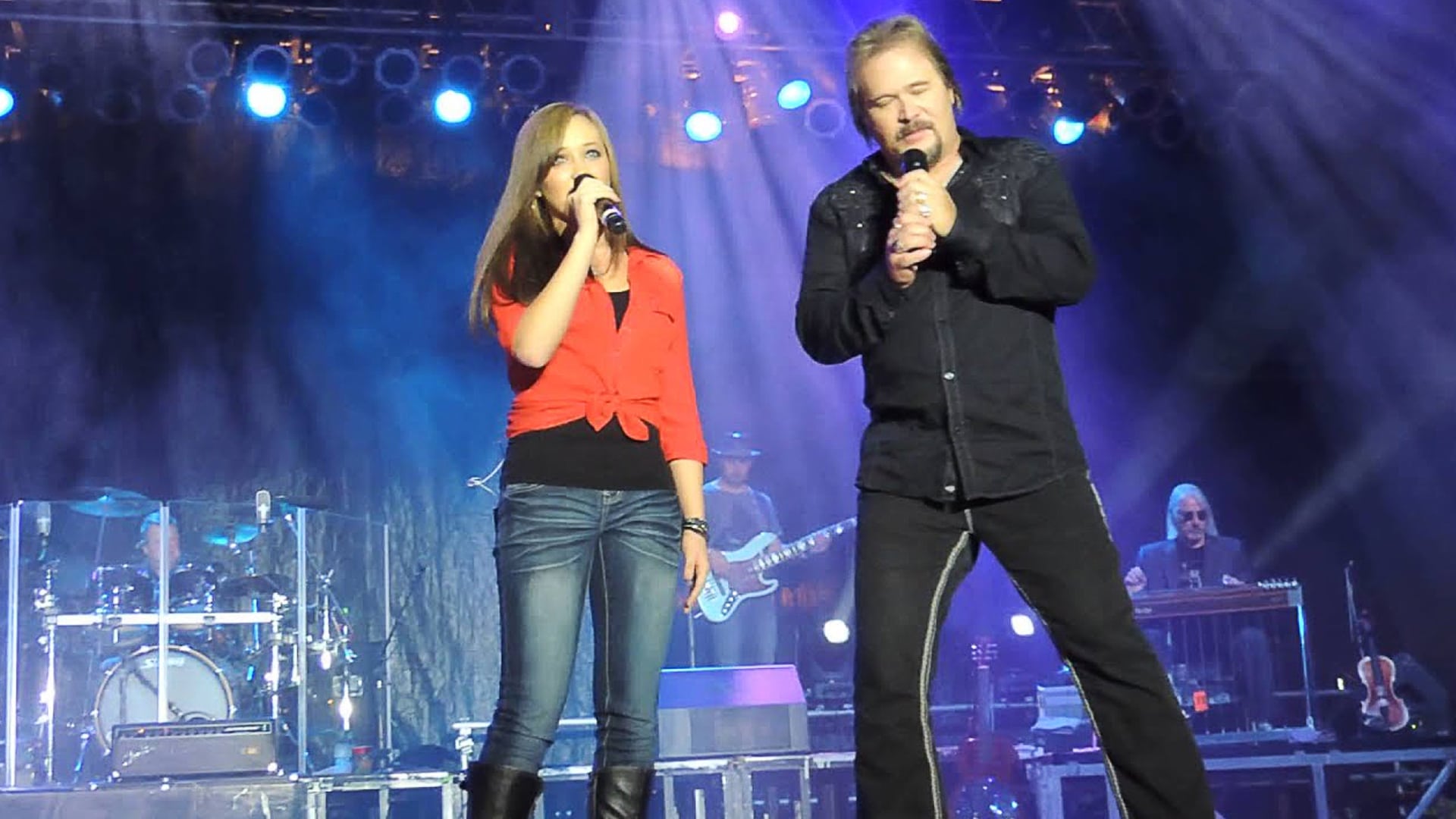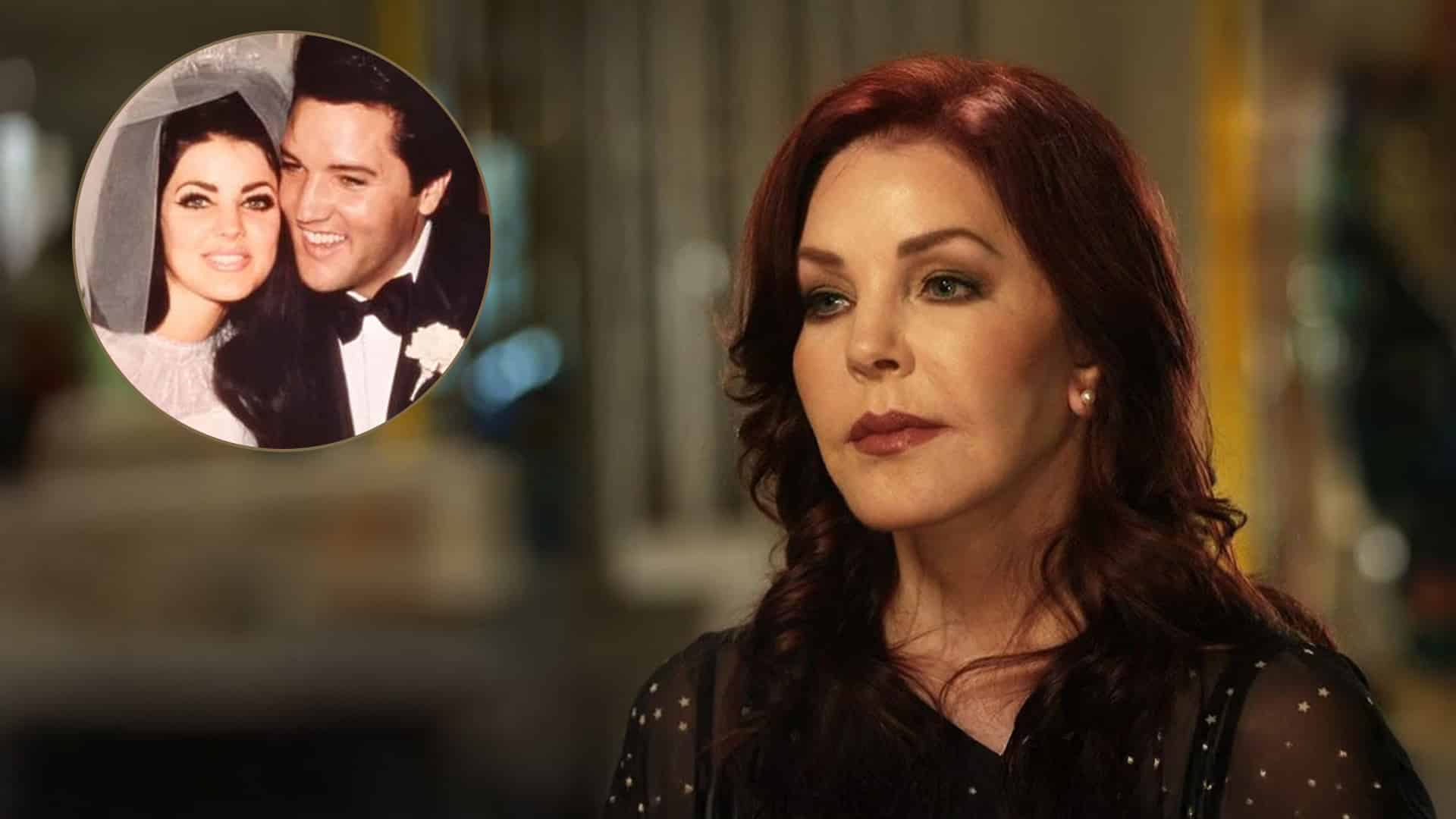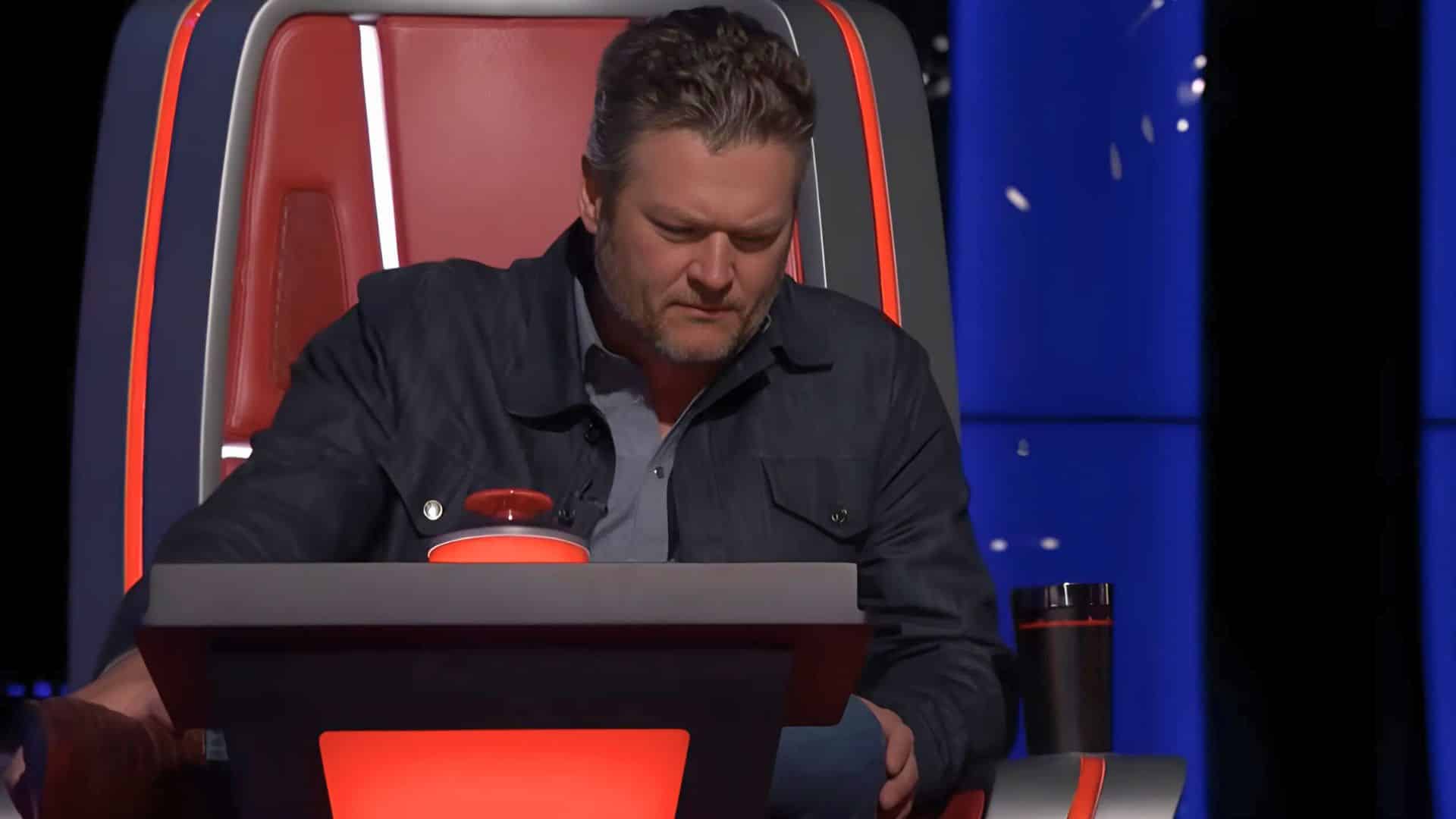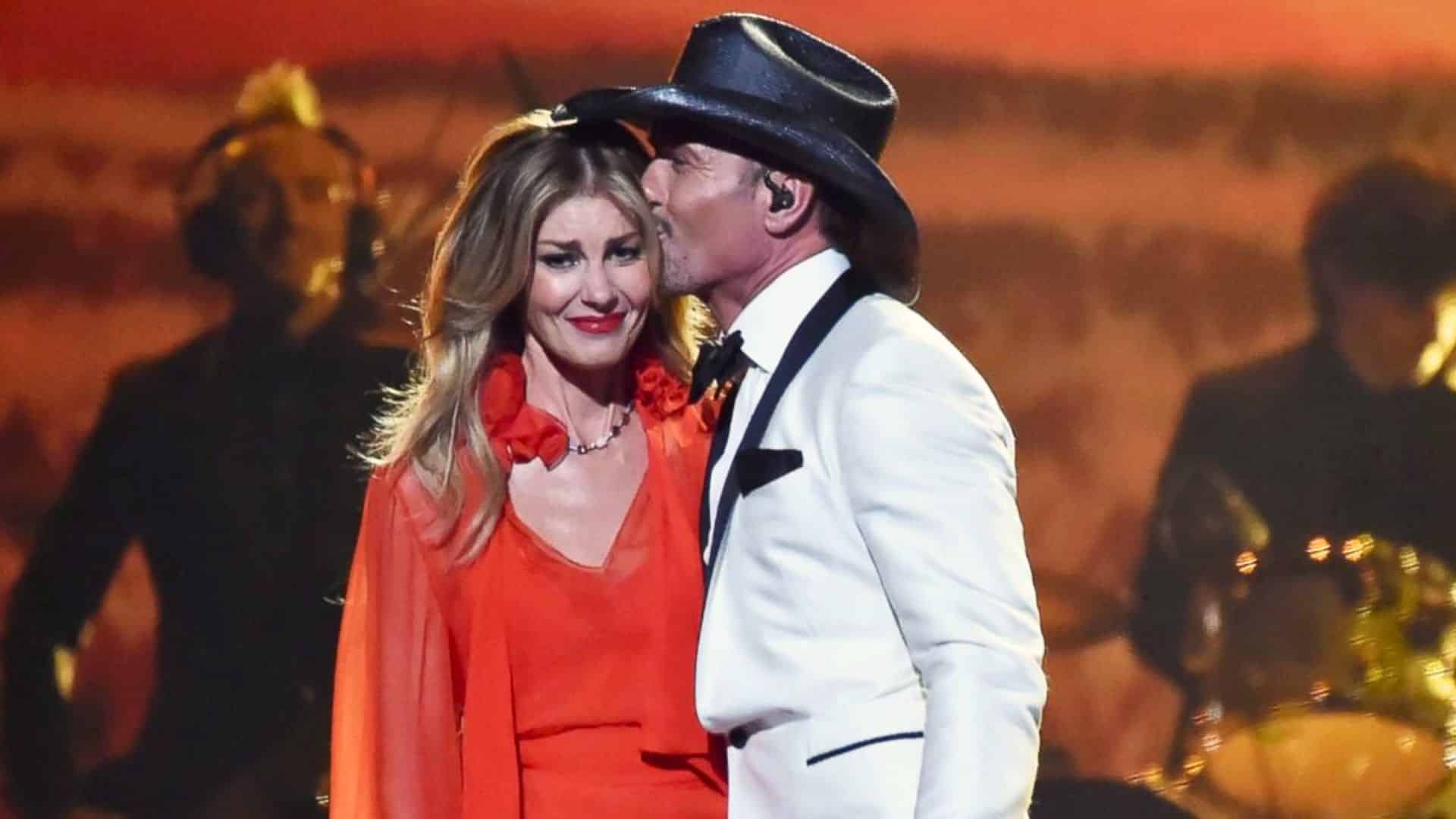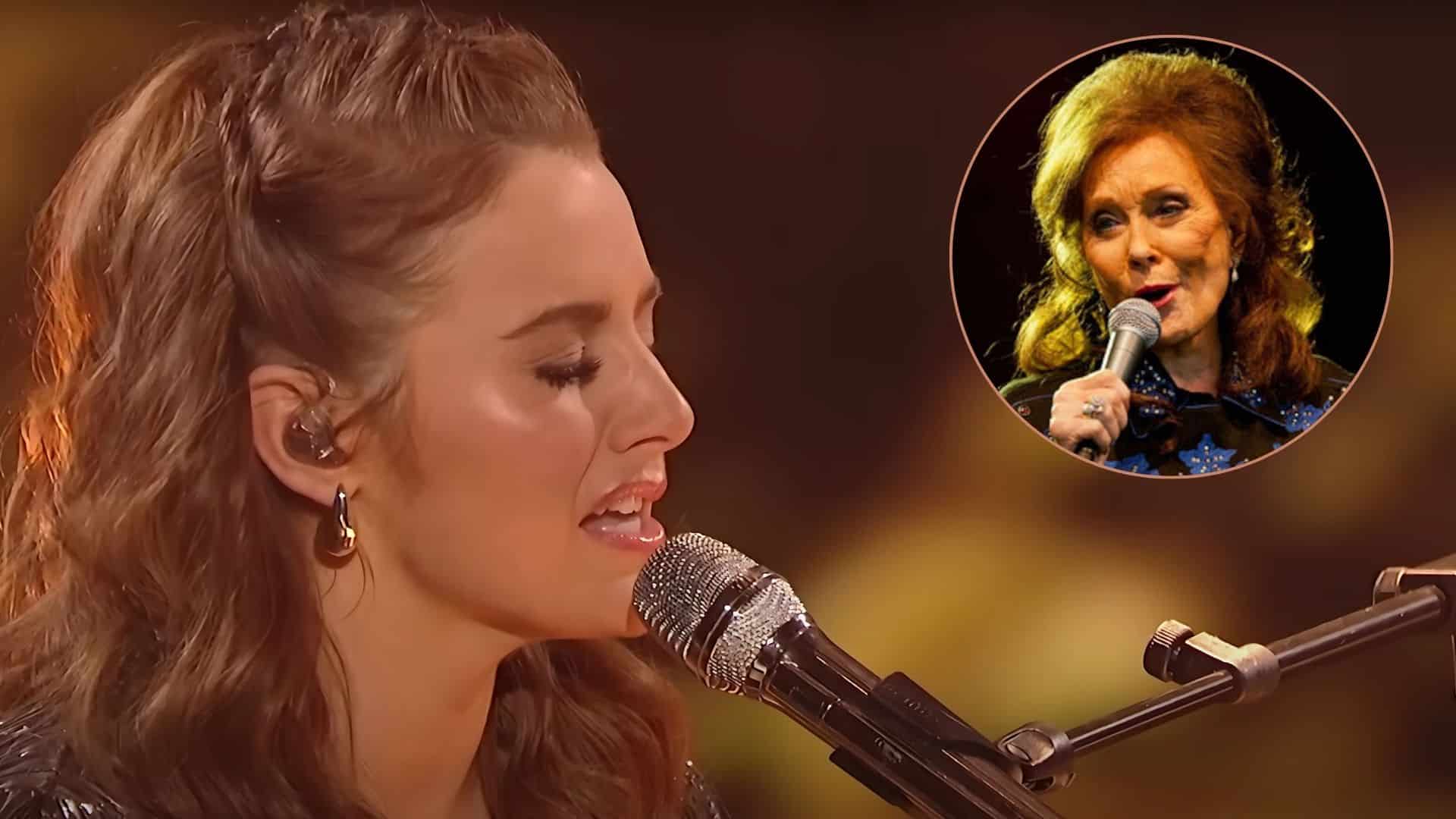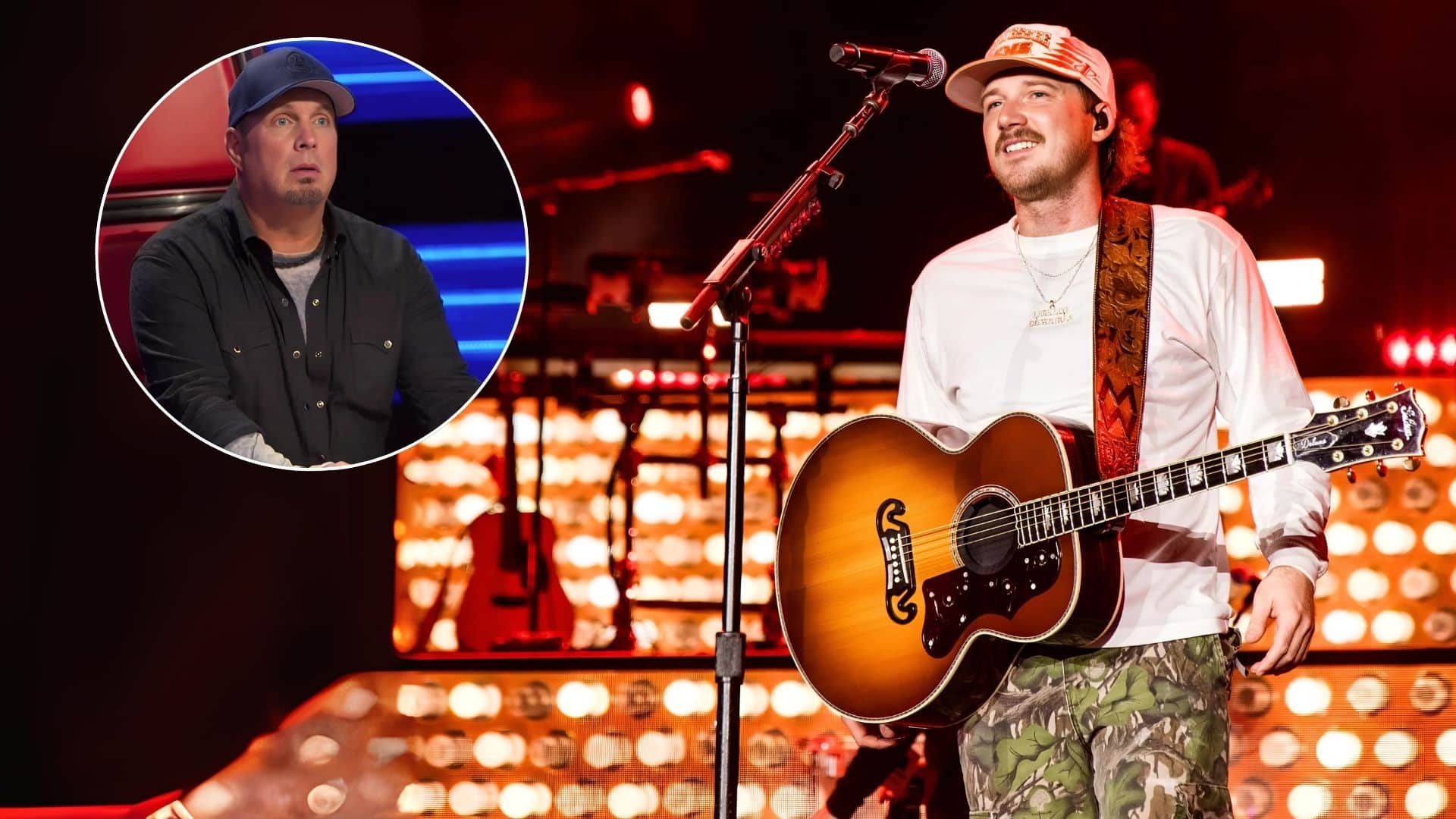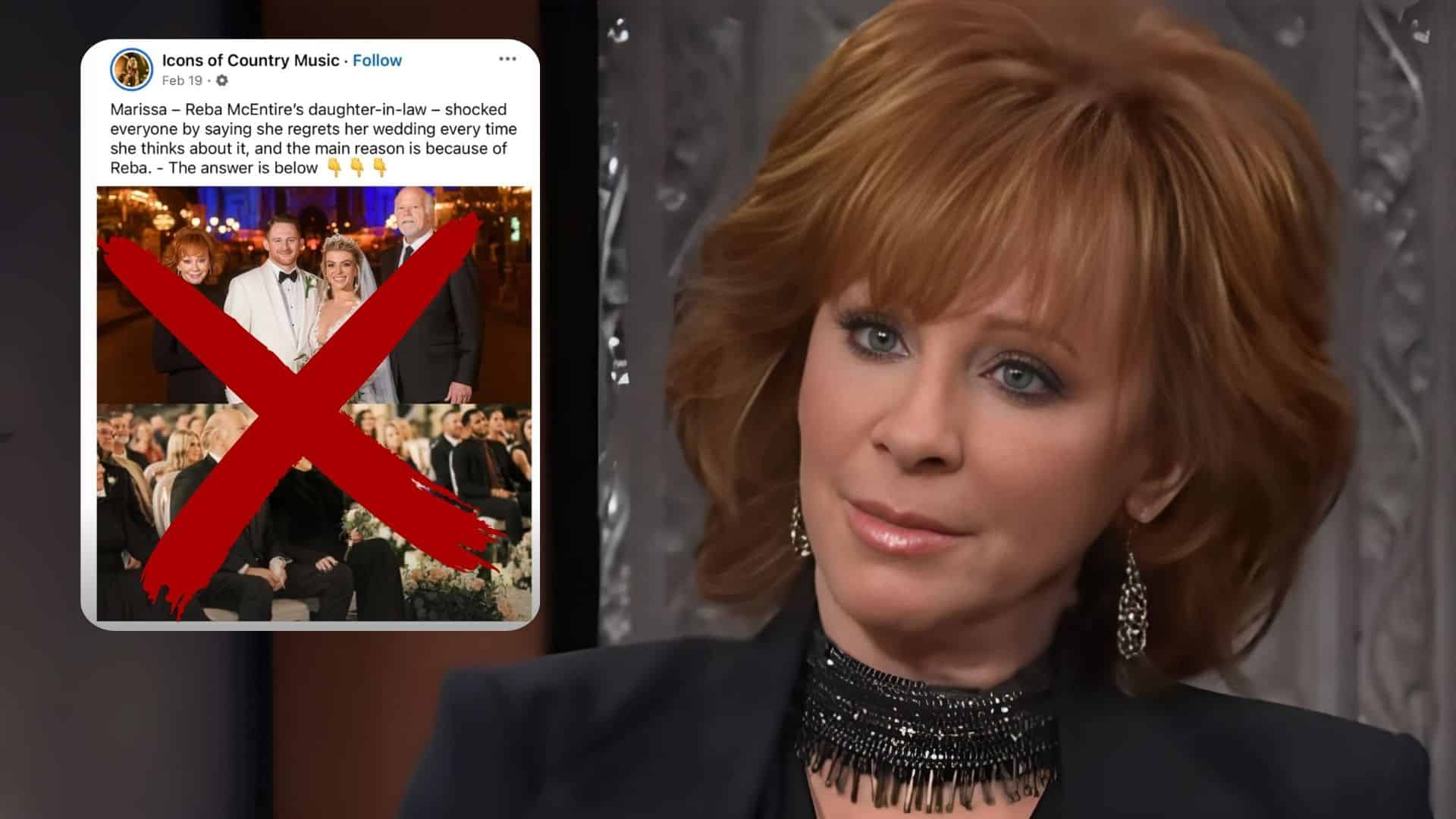Some songs are destined to make their mark, and “Amanda” is one of them. Written by the legendary Bob McDill, the heartfelt ballad found its way into the hearts—and voices—of two of country music’s most iconic artists, Waylon Jennings and Don Williams. What’s remarkable is how this song’s journey unfolded, almost as if fate had a hand in ensuring its legacy.
The Song That Started as an Apology
“Amanda” wasn’t just a song to Bob McDill; it was a deeply personal piece inspired by his life. McDill described it as an apology to his wife, a tribute to the struggles of being young, married, and chasing a dream while barely scraping by. At its core, the song captures the quiet sacrifices and deep love that often go unnoticed.
When McDill finished writing “Amanda,” he knew it had the potential to be something special. He took it to Waylon Jennings’ office, but as luck would have it, the country legend wasn’t there. Instead, McDill left the song with the receptionist, hoping it would find its way to Jennings.
But that’s not how things played out. For reasons unknown, “Amanda” never made it off that desk—or to Jennings’ ears.
In the meantime, the song found a home with another powerhouse of country music, Don Williams. Williams recorded “Amanda” in 1973, releasing it as the B-side to his hit “Come Early Morning,” a detail highlighted by Wide Open Country. Even as a B-side, the song gained traction, climbing to No. 33 on Billboard’s Hot Country Songs chart. Williams’ signature smooth and understated delivery brought the song to life, but its journey was far from over.
How Waylon Jennings Made “Amanda” a Classic
Waylon Jennings first encountered “Amanda” not in his office but on the radio. The moment he heard Don Williams’ version, he was hooked. The song hit him square in the chest—it was his life story. Married young and deeply in love, Jennings had lived the lyrics McDill had written.
Frustrated, Jennings immediately called McDill, asking why the songwriter hadn’t pitched the song to him. McDill’s response was simple: “If you look on your receptionist’s desk, I’ll bet you’ll find a copy of it. I tried my best.”
Jennings vowed then and there that he’d record “Amanda” one day. And in 1974, he did just that, including the song on his album The Ramblin’ Man. However, the track didn’t make its way to country radio, leaving Jennings unsatisfied.
But Waylon Jennings wasn’t one to give up easily. In 1979, Jennings revisited the song nearly five years later, adding new overdubs to the original recording. This time, he released it as a single on his Greatest Hits album, and the timing couldn’t have been better. “Amanda” soared to No. 1 on Billboard’s Hot Country Songs chart, cementing its place as one of Waylon Jennings’ most beloved tracks.
Two Versions, One Unforgettable Song
Both Don Williams and Waylon Jennings brought something unique to “Amanda.” Williams’ version is tender and contemplative, with his gentle voice wrapping around the lyrics like a warm embrace. On the other hand, Jennings delivered a raw and deeply personal rendition, dripping with the emotion of a man who had lived every word.
What makes “Amanda” so timeless is its ability to connect with listeners personally. It’s a song that speaks to love, sacrifice, and the quiet strength of relationships. And thanks to the voices of two country legends, it will forever hold a special place in the hearts of fans.
Sometimes, a song is more than just a melody and lyrics—it’s a piece of life captured in music. And with “Amanda,” Bob McDill, Waylon Jennings, and Don Williams gave us a song that will never fade away.
You can listen to both versions below—Don Williams’ tender take and Waylon Jennings’ deeply personal rendition. Give them a listen and decide which one speaks to you the most.
Don Williams’ version of ‘Amanda’
Waylon Jennings’ version of ‘Amanda’

